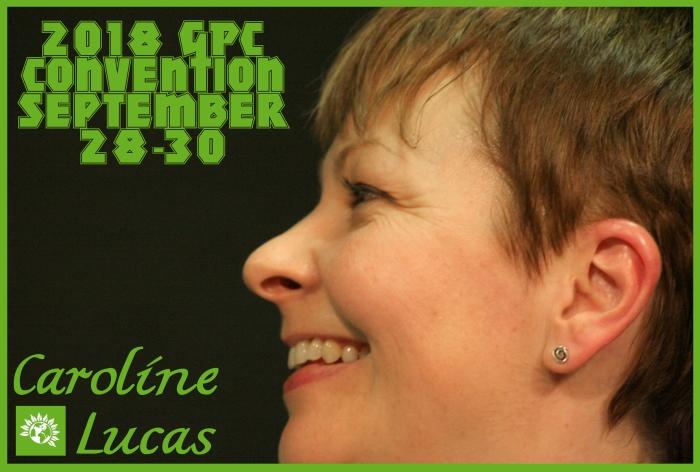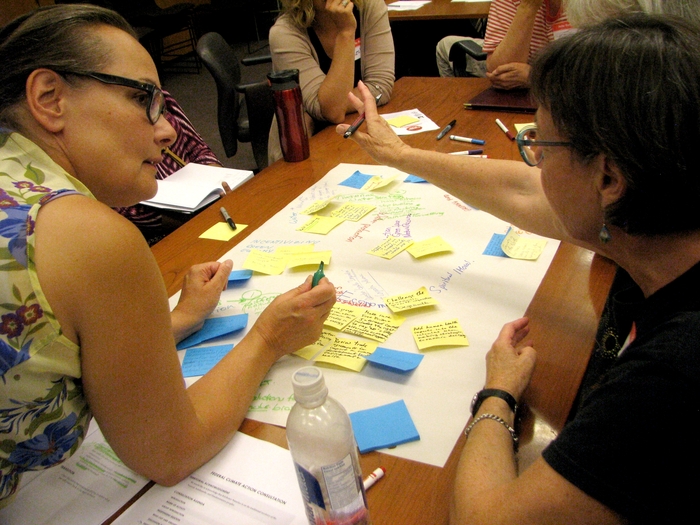
If you’re not exactly sure what you want to tell the Ontario government’s Climate Consultation, resources follow. (We will update this page with any additional submissions people share with us.
DEMAND the Ontario Government keeps the independent Environmental watchdog, Ontario Environmental Commissioner Dianne Saxe, who has just released “her 2018 Environmental Protection Report, Back to Basics, to the Ontario Legislature.
Delivered as four individual volumes, the report calls on the provincial government to limit water pollution, commit funding towards programs that protect municipal drinking water sources, as well as increase the protection of wetlands, woodlands, and wildlife across the province.
- Water pollution and drinking water
- Wildlife disease and monitoring
- The loss of forests and wetlands in southern Ontario
Ministry report cards on compliance with the Environmental Bill of Rights
“The environmental commissioner has a mandate to monitor the government’s compliance with provincial environmental laws, including Ontario’s Environmental Bill of Rights, and to report annually on the government’s progress toward its greenhouse gas reduction targets. The current commissioner is Dianne Saxe, a former environmental lawyer, appointed in 2015.”
— CBC Ontario Finance Minister Vic Fedeli delivers the fall economic statement
Ontario needs the independent office of Ontario Environmental Commissioner for our own protection.
Rise For Climate Waterloo Region submission
I offer the following balanced solution to hold polluters accountable to ensure that GHG are reduced and to unlock the power of Ontario’s businesses to finance and drive innovative climate solutions.Polluters are held accountable by putting a price on carbon pollution. In order to protect Ontarian families from the associated price increase, monies collected from the pollution price can be returned to citizens on a per-capita basis, through a dividend or “climate action incentive”. Canadians for Clean Prosperity has shown that 80% of Ontario’s households will actually get more in climate action incentives than they pay in carbon pollution fees. By having the Ontario Government cancel cap-and-trade, it has opened the door to a transparent price on carbon pollution, with climate action incentives to protect Ontario’s families from price increases.
Rather than entering a expensive court battle over putting a price on carbon (which increases both Federal and Provincial expenditures and therefore, taxes), the Ontario government could drop the lawsuit. Experts indicate that the Federal government will win the lawsuit, as it is critical for Canadian governments to take action on climate change.
In order for the price on carbon pollution to work effectively to reduce emissions, the price needs to be substantially higher than the $50 per tonne that it is scheduled to reach in 2022. Ontario should work with the Federal government to ramp-up of the price for the five years after 2022 to reach the emission reductions needed to meet Canada’s fair-share contribution to our international commitments under the United Nations Conference of the Parties.
As the carbon price increases, it impacts behaviour. In the short term, it will reduce consumption of carbon-intensive energy. In the medium term, it will affect purchasing decisions, as people will want to make purchases that create less carbon pollution. Over the long term, businesses will innovate and offer customers more choice and newer products to help them avoid creating and paying for carbon pollution.
To help Ontarians to assist in this transition, we call on the Provincial government to partner with Municipalities to implement a broad-based education program to educate regarding the causes, effects, and solutions on climate change. This will not only create the political will for bold changes that are necessary, but it will also prepare and strengthen our collective resiliency.
The Green Party of Ontario has an excellent plan of #ClimateAction
(you’re not really surprised at this, are you?)
- Science-based commitments: Ontario should do its part to limit global average temperature increase to no more than 2C above pre-industrial levels, aiming for 1.5C
- Legislated emission targets: Ontario should adopt binding emission targets that respect our share of Canada’s obligations under the Paris Climate Agreement.
- 15% reduction below 1990 levels by 2020
- 37% reduction below 1990 levels by 2030
- Net Carbon Neutral by 2050
- Pollution pricing: Ontario should accept the global consensus from academics, economists, and Nobel Prize winning experts who agree that a price on pollution is the most effective and efficient way to reduce emissions. It is the foundation upon which a credible climate plan is built.
- Job creation in the clean economy: Ontario should leap into the $26 trillion global clean economy, supporting jobs and investment in the fastest growing sectors in the world.
- Energy efficiency and conservation: Ontario should prioritize energy efficiency and conservation as the first-step solutions for lowering our carbon footprint, while helping people and businesses to save money by saving energy.
https://gpo.ca/climate/
Download the new GPO strategy plan “Leaping into the Future” PDF for more detail!
https://www.ontario.ca/form/tell-us-your-ideas-climate-change
- More low carbon public transit: electric buses, trains, bike lanes, and
- reduce the amount of car infrastructure, ie: parking lots, highway extensions.
- Replace gas stations with charging stations.
- Subsidize retrofits for all carbon emitting housing and
- making it obligatory for all new buildings to be carbon neutral or even carbon negative.
- AFFORDABLE HOUSING! Dense spaces along public transit lines. Infill housing, because we want to leave as much nature for nature as possible. DENSITY IS KEY!
- Agricultural reform, commiting our greenbelt to 100% agroecological farming practicing and reducing the need for nitrogen fertilizer
- mandate all government buildings and operations go zero carbon
- Broad-based education for everyone on climate change, impacts, and what we need to do to limit it and adapt to it.
- MASSIVE TREE PLANTING INITATIVE!
- Also remind Mr Ford that he famously said the best way out of poverty is “something called a job.” All of the above (again not exhaustive) will lead to a huge number of jobs.
text from tweetstorm of climate activist & mom, Meg Ruttan Walker @TricksyRaccoon on Twitter
Often when we talk about Climate Action the topic is about how to slow or stop Greenhouse Gas Emissions. But part of the problem is that we already have a ridiculous amount of carbon in our atmosphere now that needs to be dealt with. The comprehensive book “Drawdown” looks at a whole host of strategies — 100, in fact — for fighting climate change across the board. You’ll find even more ideas to include in your consultation submission on the Drawdown website’s solutions page
Suggestions from the Waterloo Region Federal Climate Change Consultation:
⇒ Ontario Climate Consultation webform
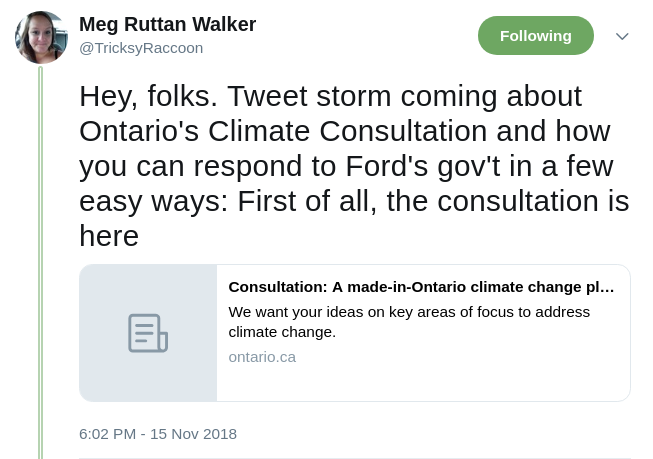








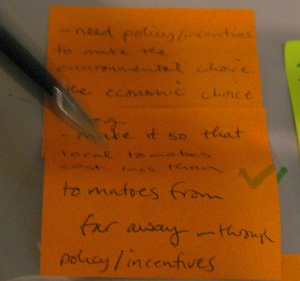
















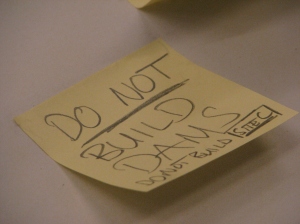


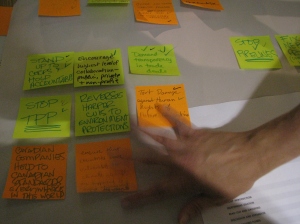



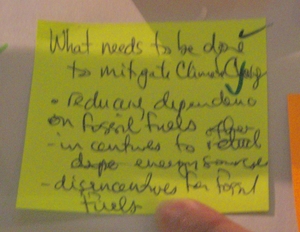


















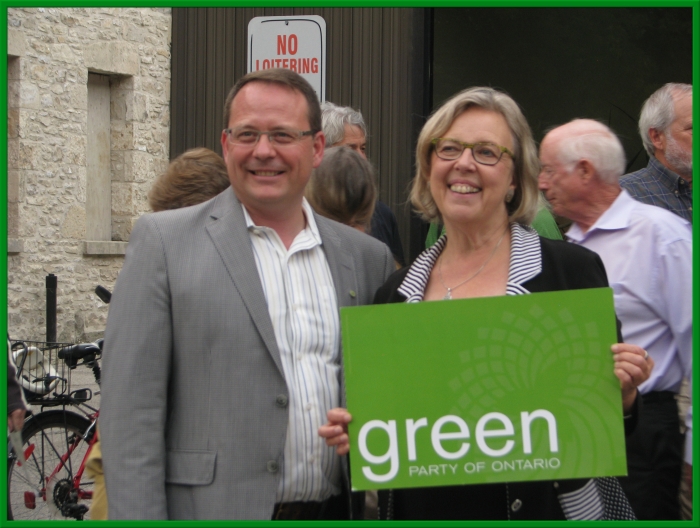


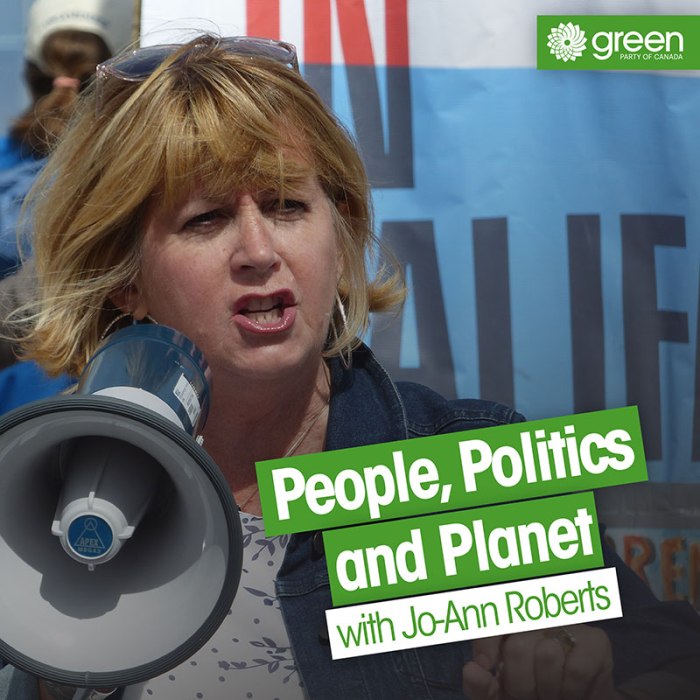
 https://rss.simplecast.com/podcasts/7692/rss
https://rss.simplecast.com/podcasts/7692/rss